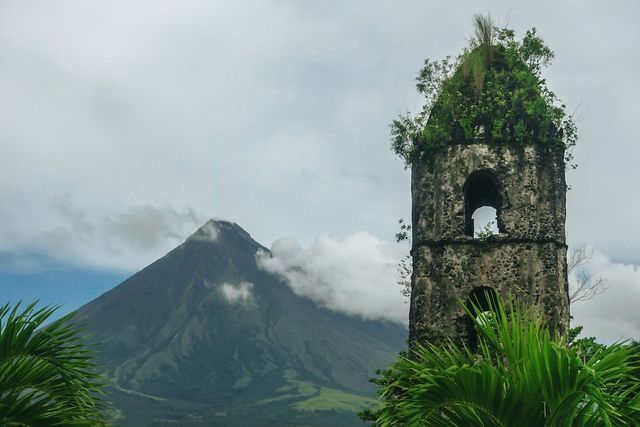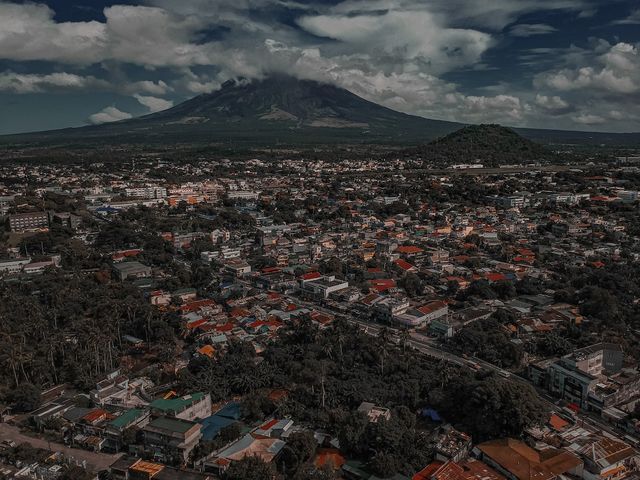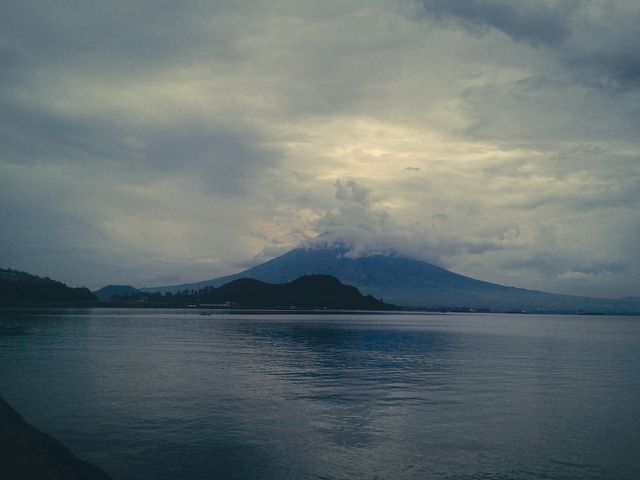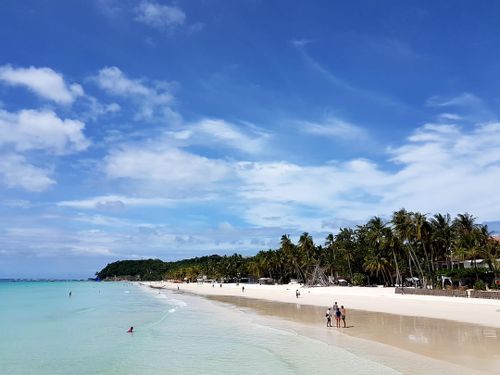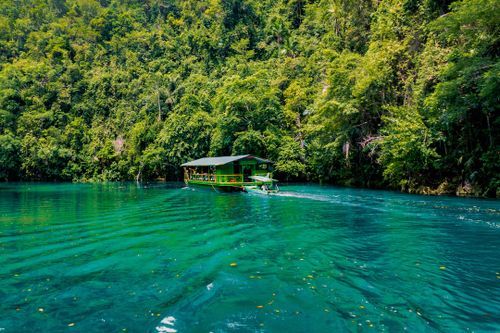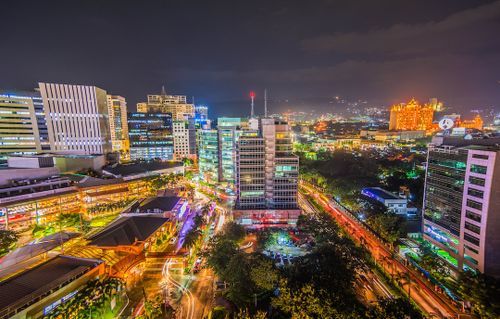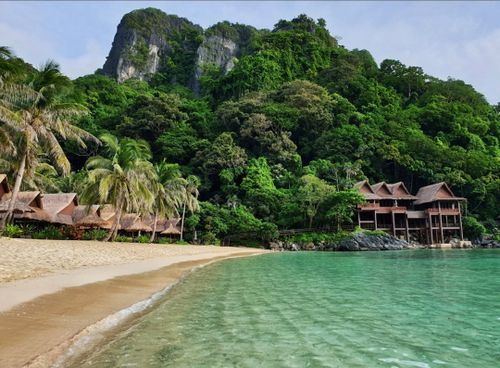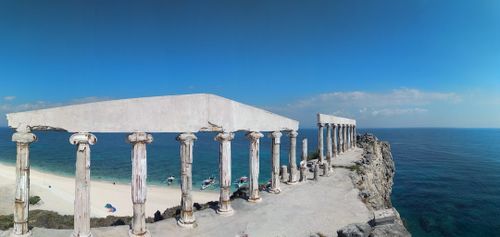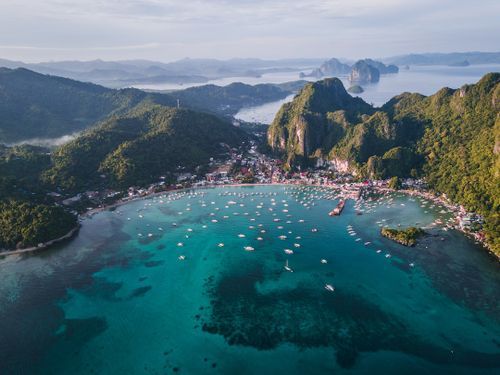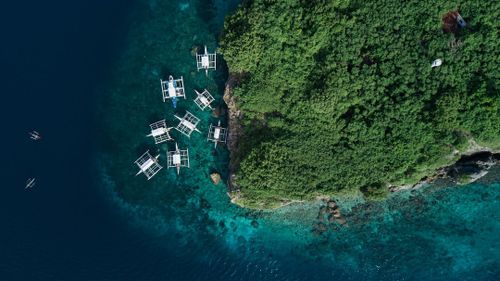Is Legazpi safe for solo female travelers?
Legazpi is generally safe for solo female travelers. The locals are hospitable and respectful. Violent crimes are relatively low, and security is often available in many areas. However, it is always advised to remain vigilant. Simple precautions like avoiding less crowded areas late at night and keeping an eye on your belongings should be taken into consideration to ensure your safety.
Safety rating
Legazpi is currently ranked #19 safest place in Philippines for solo female travellers, with an overall safety rating of 3 out of 5. . Check the full ranking.
How safe is Legazpi for solo female travelers?
No travel experience found
Be the first to share your experience.Safety in Philippines
Hospitality Exchange in Legazpi

Dani
Legazpi
Can host for:
3 days
About me
Hey there! I become to like traveling alone because sometimes it's not safe if your with guys. But I would be more happy if I could travel with girls since I do not have any girl friends. I went to Thailand before for a few months but for work only. I love extreme activities or outdoor activities. If it happens you are around my area or planning to visit Ph, you can stay in my crib and show you around. Let's talk about it. Looking forward to meet you! ☺️😊
Speaking
0




